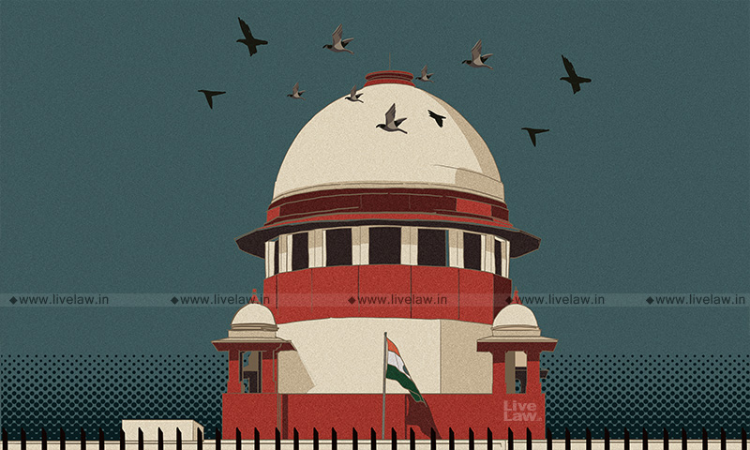Schemes For Minorities Do Not Violate Rights Of Other Communities : Union Of India Tells Supreme Court
Srishti Ojha
14 July 2021 7:59 PM IST

Next Story
14 July 2021 7:59 PM IST
While defending its schemes for welfare of minority communities at various levels, the Union of India has on Tuesday informed the Supreme Court that the schemes are not in contradiction to the principles of equality as enshrined in the Constitution and do not violate rights of members of other Communities.The Union has further stated that the schemes are meant only for the economically...
